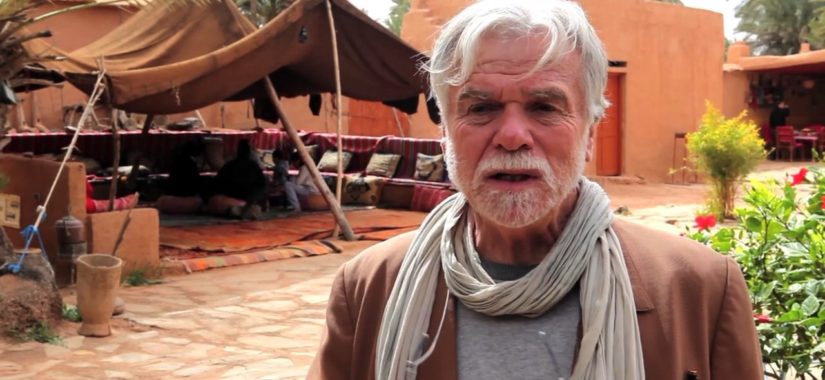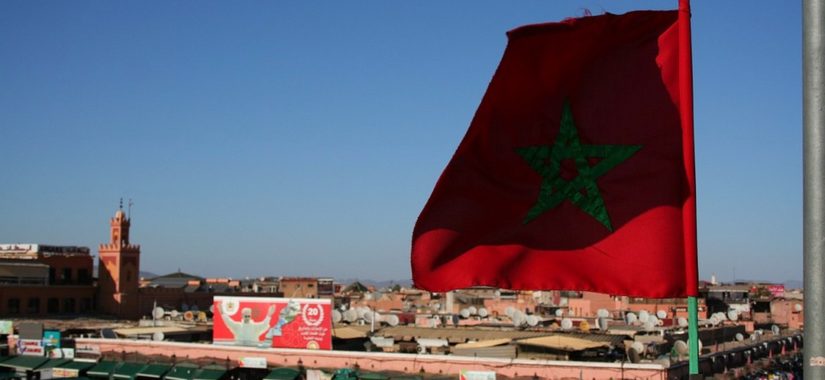CALL TO GEOLOGISTS, MINING GEOLOGISTS, GEOGRAPHERS, AGRONOMISTS, HYDROLOGISTS, TEACHER-RESEARCHERS, TOURISM STAKEHOLDERS
The proactive force of the AMDGJB is expressed through the welcome extended by the global Geopark community, including geologists, researchers, and more, to our three (3) Marrakech Declarations, which have been viewed 2,240 times since August 9th.
We wish to issue the following call to your attention!
Reminding you that the Sustainable Territory of the Jbel Baní Geopark has existed since 2012, managed by a Moroccan Association, officially established in April 2015, known as the Moroccan Association for the Development of the Jbel Baní Geopark (AMDGJB – Reg No: 1954-36), which I preside over and manage. Today, I want to extend this call to geologists, mining geologists, geographers, agronomists, hydrologists, sociologists, teacher-researchers, tourism stakeholders, trainers, start-ups, scientists, and academics in Earth Sciences and Humanities. This call also extends to actors in global Geoparks and ministers responsible for regional awareness and new forms of development!
The aim is to consider adjustments to criteria and definitions to account for the concepts of genuine inclusive and integrated interregional territories, both for Morocco and African and Arab countries. This is especially important as the 10th International Conference of UNESCO Global Geoparks is set to take place from September 4th to 11th, 2023, with the ambition of highlighting African and Arab Geoparks solely through the M’Goun Geopark and the African Network and National Commission for Global Geoparks. This approach appears to overlook regions and territories, as well as the vast scientific capabilities related to Earth Sciences that Morocco possesses as a whole.
While we acknowledge the admirable ambitions of UNESCO’s achievements, we believe it is essential to consider the restrictive aspects of their actions, as pointed out by the mission coordinators of this event. This is in light of global geopolitical developments, including:
- Climate change leading to projected migration issues with a doubling of Africa’s population in a generation.
- Water stress impacting rural-urban balances and causing population migrations.
- Disruptions to biodiversity and ecosystems.
- Questions about new energy models.
- Socioeconomic influences of the internet, networks, AI, and associated training issues.
Biodiversity: One out of every five UNESCO World Heritage sites threatened by climate change and human activities.
- This necessitates a reevaluation of priorities established by these international organizations, acknowledging the significance of defending cultural, tangible, and intangible heritage, as well as biodiversity for international societal balances. It prompts us to react when, for instance, UNESCO’s recent declaration on biodiversity on August 31, 2023, states that one in five UNESCO World Heritage sites is threatened by climate change.
In this context, Tales Carvalho Resende has defined the URGENCY OF TAKING ADAPTATION AND PREVENTION ACTIONS AND INVESTING MORE IN THESE SITES???
- Furthermore, considering that the sites in question represent only one percent (1%) of the world’s territories, we believe this overlooks the importance of targeting real priorities, priorities that need global reconsideration, starting with the territories and populations affected!



